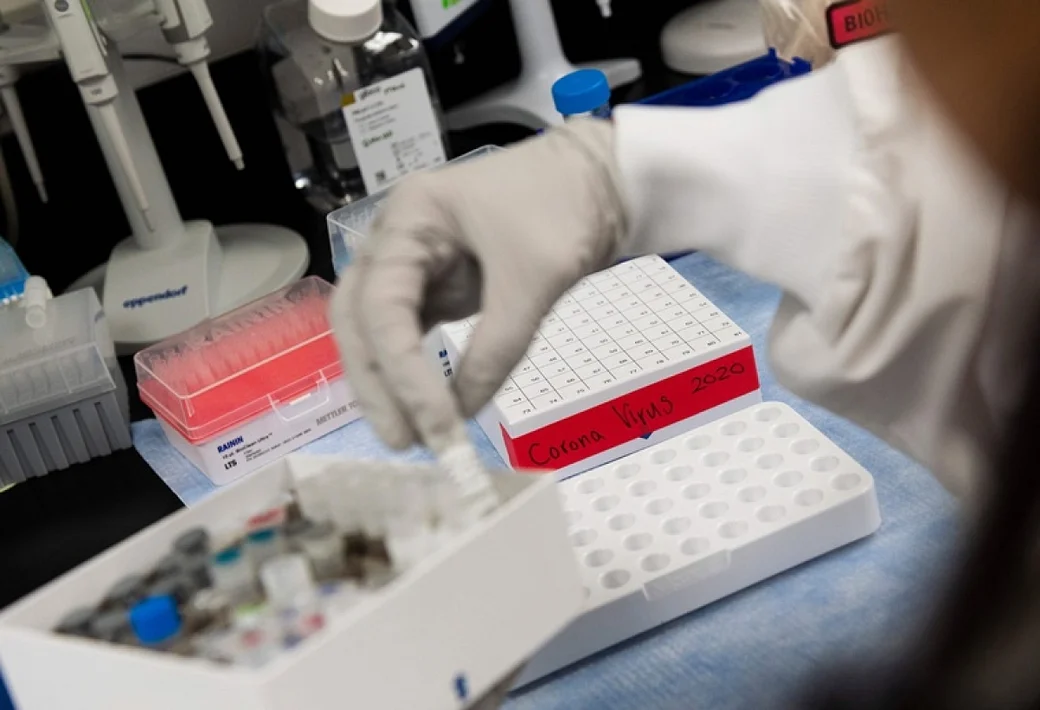The WHO has expressed concern as COVID cases have started to surge again with 11 million infections recorded worldwide last week, reversing an over one month declining trend.
"The increase is occurring despite reductions in testing in some countries, which means the cases we're seeing are just the tip of the iceberg," WHO's head Tedros Adhanom Ghebreyesus told reporters.
A combination of factors was causing the increases, including the highly transmissible Omicron variant and its BA.2 sublineage, and the lifting of public health and social measures, the WHO said.
Low vaccination rates in some countries, driven partly by a "huge amount of misinformation" also explained the rise, WHO officials explained.
New infections jumped by 8% globally compared to the previous week and over 43,000 new deaths were reported from March 7-13.
The biggest jump was in the WHO's Western Pacific region, which includes South Korea and China, where cases rose by 25% and deaths by 27%.
Africa also saw a 12% rise in new cases and 14% rise in deaths, and Europe a 2% rise in cases but no jump in deaths. Other regions reported declining cases, including the eastern Mediterranean region, although this area saw a 38% rise in deaths linked to a previous spike in infections.
A number of experts have raised concerns that Europe faces another coronavirus wave, with case rising since the beginning of March in Austria, Germany, Switzerland, the Netherlands, and the United Kingdom.
WHO's Maria Van Kerkhove said at the briefing that BA.2 appears to be the most transmissible variant so far.
However, there are no signs that it causes more severe disease, and no evidence that any other new variants are driving the rise in cases.
Experts have warned that the United States could soon see a similar wave to that seen in Europe, potentially driven by BA.2, the lifting of restrictions and potential waning immunity from vaccines given several months ago.
Also read: Israel detects new Covid-19 variant




















